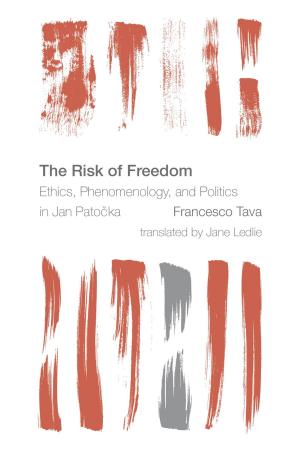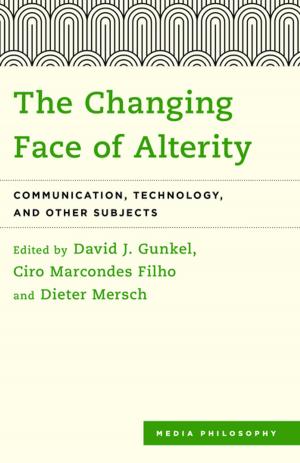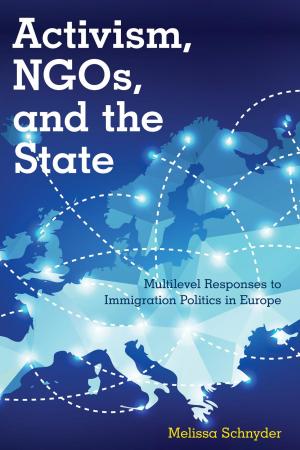Disrupting Maize
Food, Biotechnology and Nationalism in Contemporary Mexico
Nonfiction, Social & Cultural Studies, Political Science, International, Government| Author: | Gabriela Méndez Cota | ISBN: | 9781783486083 |
| Publisher: | Rowman & Littlefield International | Publication: | April 14, 2016 |
| Imprint: | Rowman & Littlefield International | Language: | English |
| Author: | Gabriela Méndez Cota |
| ISBN: | 9781783486083 |
| Publisher: | Rowman & Littlefield International |
| Publication: | April 14, 2016 |
| Imprint: | Rowman & Littlefield International |
| Language: | English |
Disrupting Maize undertakes a critical interrogation of maize, the staple food and symbol of the Mexican nation. As the centre of origin and genetic diversification of maize, the Mexican territory is regarded today as being under threat of irreversible ‘contamination’ by genetically engineered maize, an imported biotechnological product. When the first evidences of such ‘contamination’ were found in 2001, an anti-GM movement was born that quickly became articulated as a defence of cultural identity and national sovereignty.
Disrupting Maize mobilizes contemporary theoretical resources in a critical examination of the cultural politics at work in the Mexican defence of maize. From such an examination ‘biotechnological disruption’ emerges provocatively as constitutive of Mexican nationalism rather than externally imposed to it by corporate players. Furthermore, it is provocatively conceptualized as a gift, that is, as the promise of a more democratic Mexico.
Disrupting Maize undertakes a critical interrogation of maize, the staple food and symbol of the Mexican nation. As the centre of origin and genetic diversification of maize, the Mexican territory is regarded today as being under threat of irreversible ‘contamination’ by genetically engineered maize, an imported biotechnological product. When the first evidences of such ‘contamination’ were found in 2001, an anti-GM movement was born that quickly became articulated as a defence of cultural identity and national sovereignty.
Disrupting Maize mobilizes contemporary theoretical resources in a critical examination of the cultural politics at work in the Mexican defence of maize. From such an examination ‘biotechnological disruption’ emerges provocatively as constitutive of Mexican nationalism rather than externally imposed to it by corporate players. Furthermore, it is provocatively conceptualized as a gift, that is, as the promise of a more democratic Mexico.















